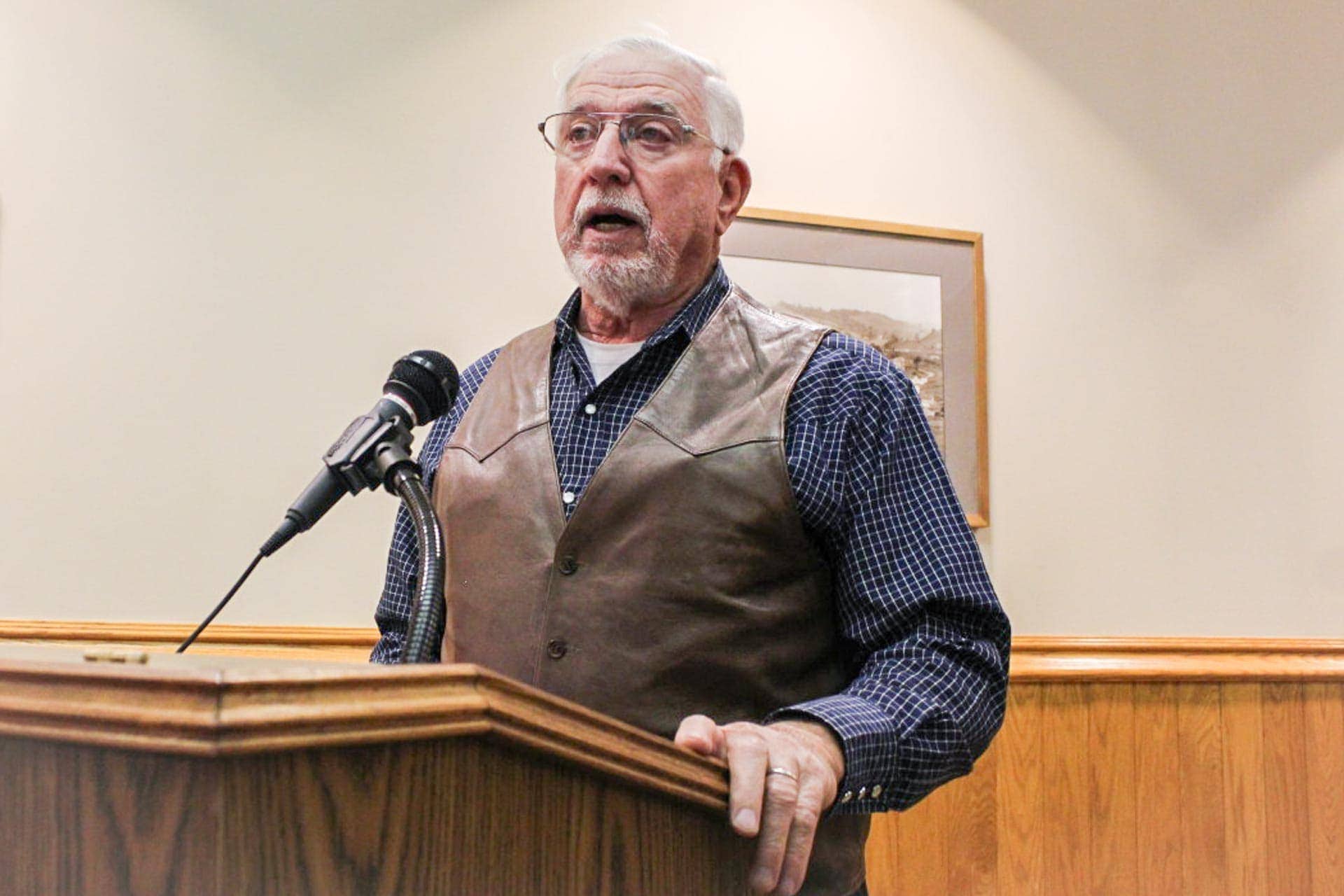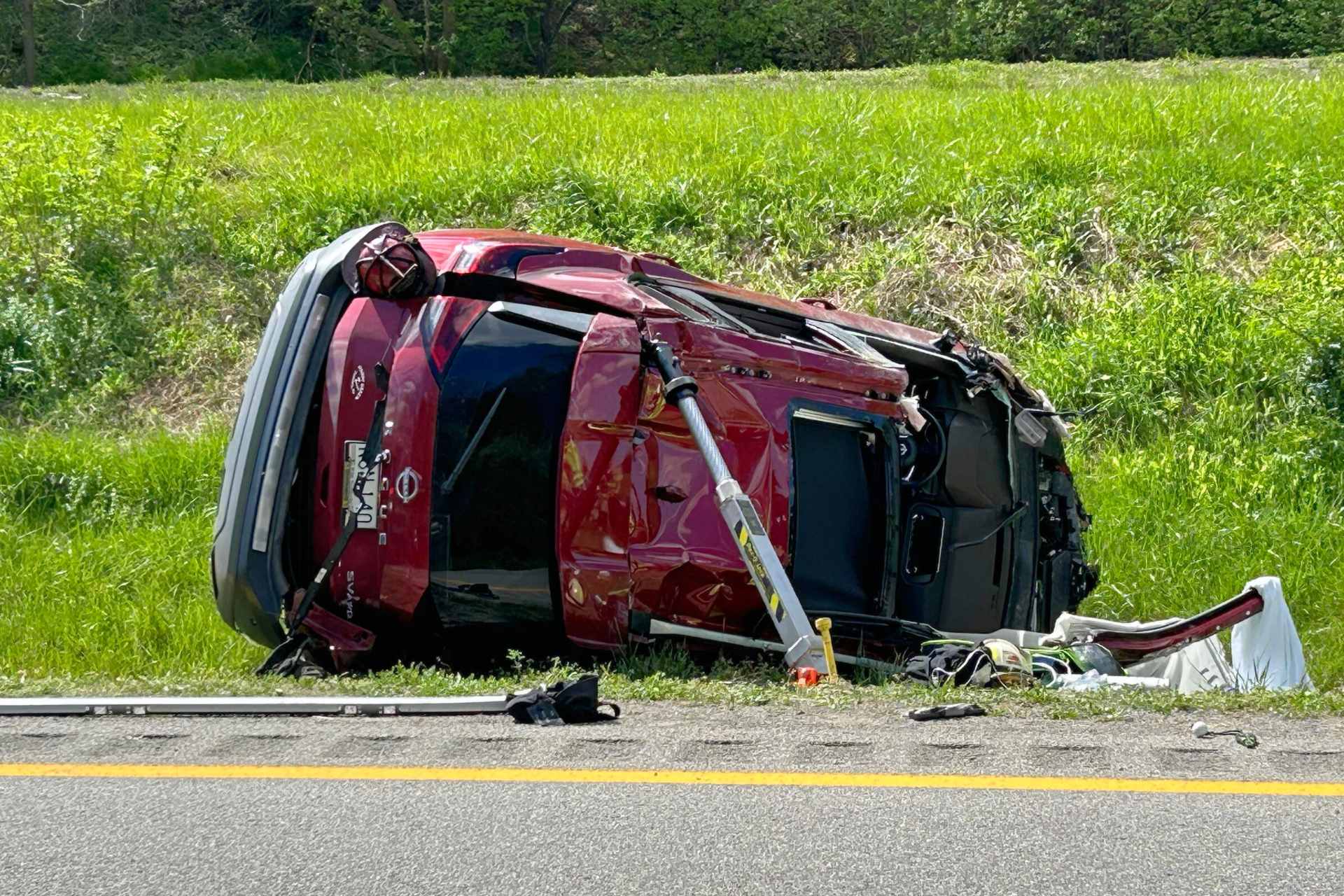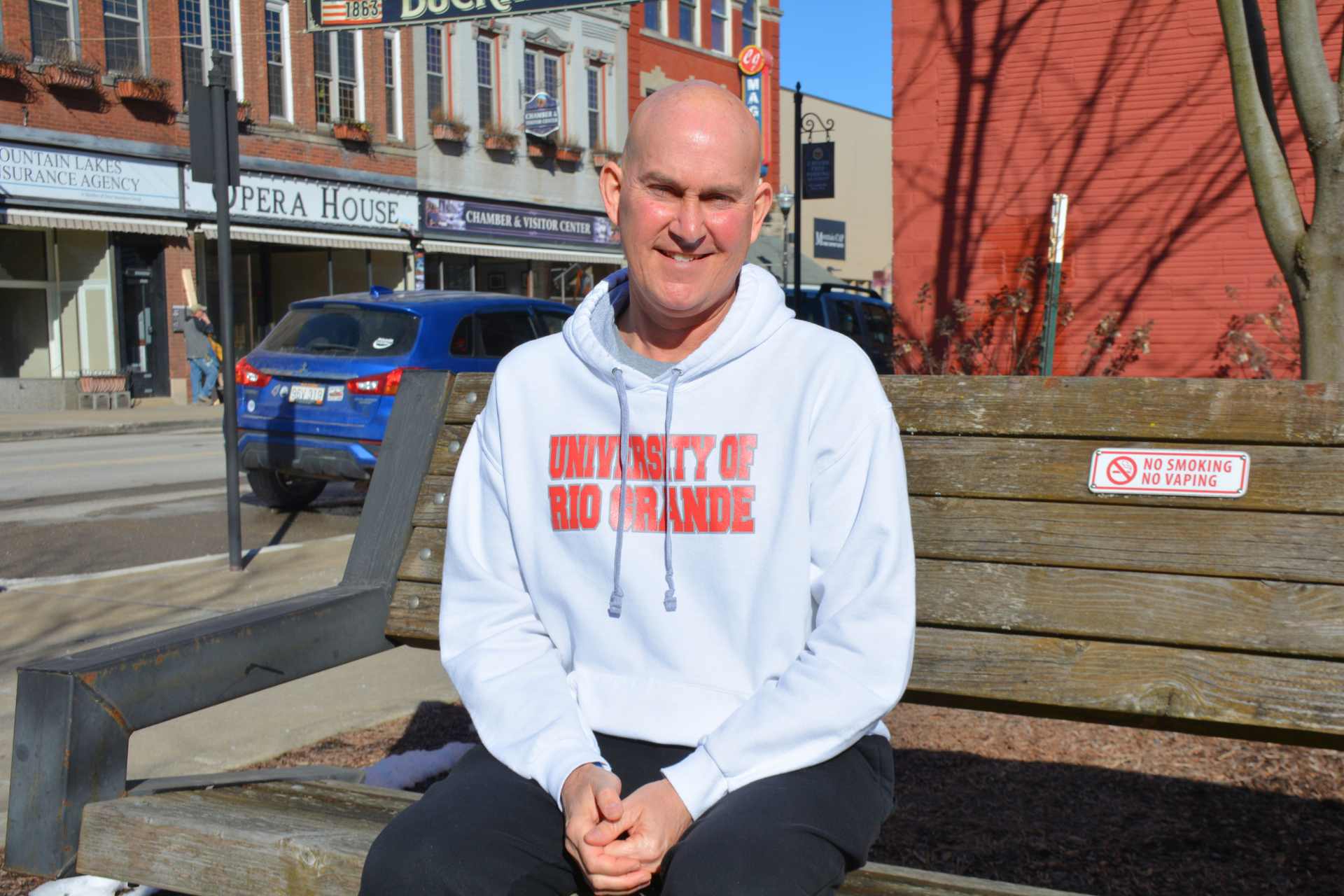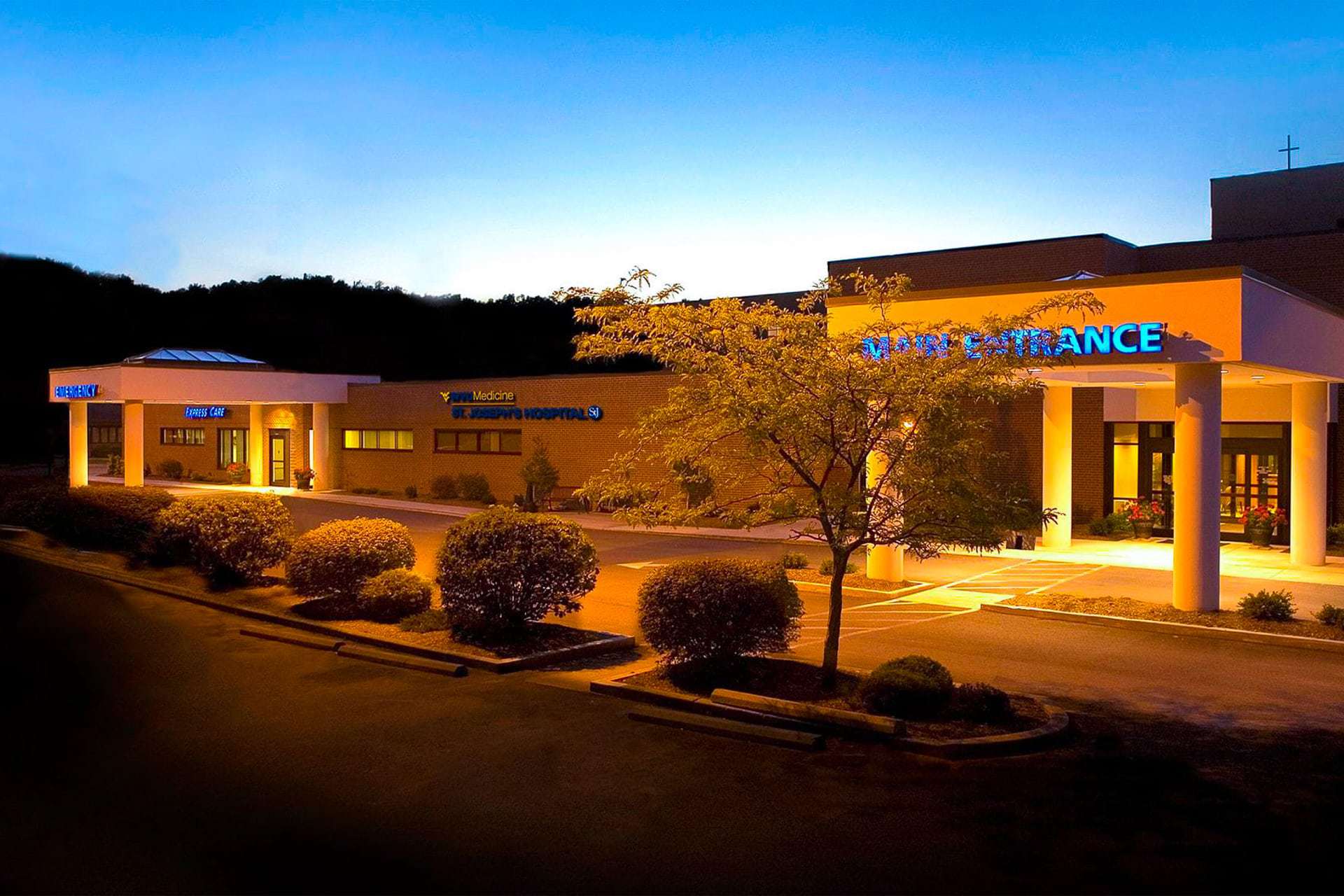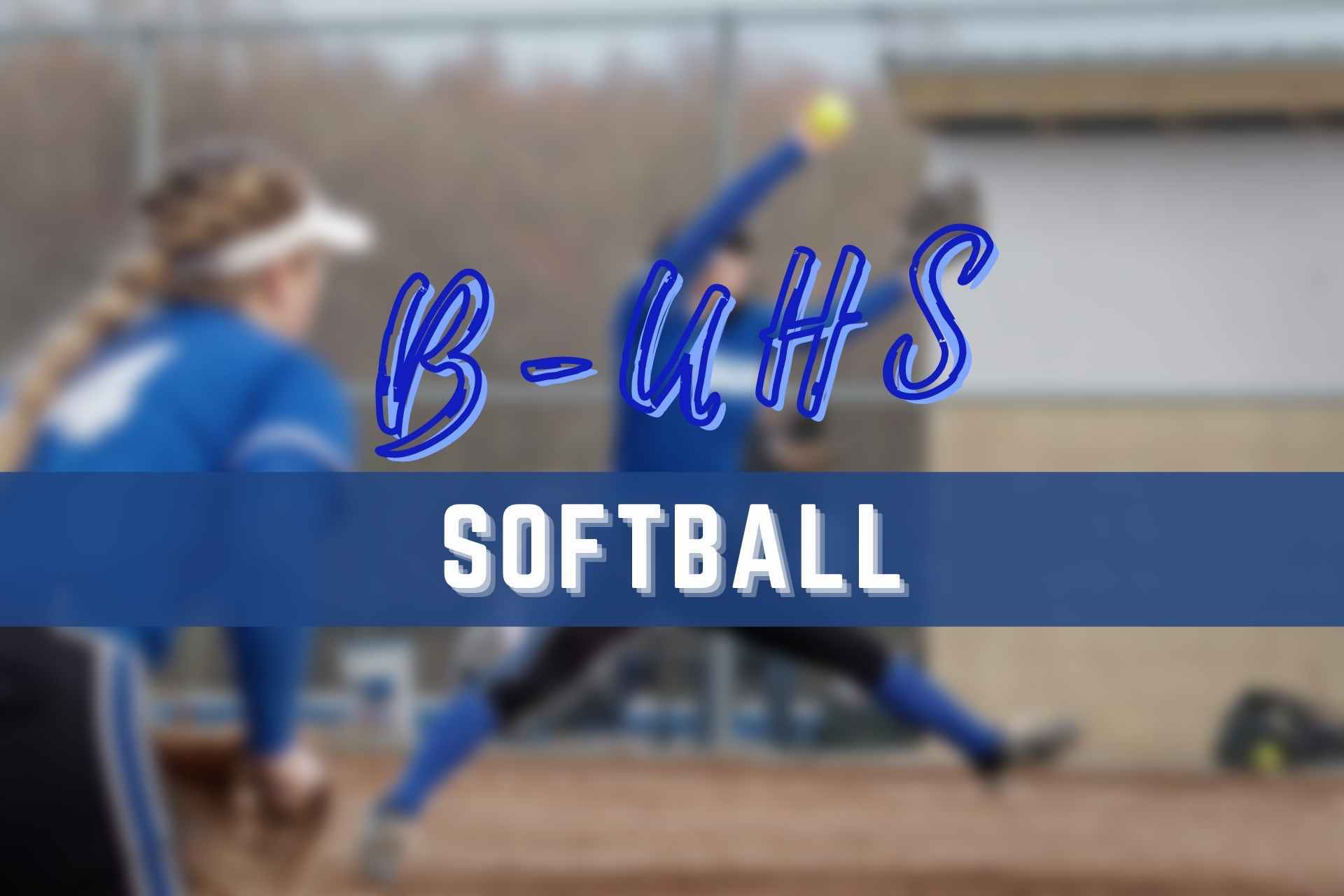BUCKHANNON – The Upshur County Commission formed the Upshur County Farmland Protection Board in 2012, and board officials commended commissioners on their foresight Thursday.
Representatives from the Farmland Protection Board attended Thursday’s Upshur County Commission meeting to give an overview of the of their program. Chairman of the Farmland Protection Board Lowell Peterson said Upshur County officials were forward-thinking when they formed the board.
“This commission formed the Farmland Protection Board in 2012, which was showing a great deal of foresight because you have established this board in advance of a lot of our neighboring counties, so you really need to be commended for your action in support of farmland protection,” Peterson said.
According to West Virginia Farmland Protection, the U.S. loses more than 2 million acres of rural lands to urban development each year. Farmland protection programs, like the Upshur County Farmland Protection Board, were formed to mitigate that loss and preserve farmland where possible.
Peterson said providing land for farming is vital for Upshur County.
“First of all, providing land that can be used for farming is vital for the present and for the future of your county,” Peterson said. “Agriculture has served as a major component of Upshur County’s economy since its inception, perhaps not so much now as it did in the past, but it certainly still serves a very vital portion of the county’s economy.”
Peterson mentioned the growing interest in local produce going into the food supply – i.e. farm-to-table initiatives – and without local farming, those efforts would be impossible. He said farmland protection program is ideal for people who have had the same land for a long time.
“It’s also possible that there are some families in the county who have been farming a particular tract of land for an extended period of time, and they wish to see that land beyond their lifetime remain as a farm, and so the Farmland Protection Board and the easement that we offer can give them an opportunity to do that,” Peterson said.
He said the program also helps people looking to earn capital.
“A second reason that I think this is a vital service to the county, in addition to providing farmland, is it is a resource by which farmers can gain some capital by selling the conservation easement,” Peterson said, “In many cases, farmers need capital to purchase additional equipment or perhaps to retire existing debt, and this program gives the farmers in the county an opportunity to get some capital to take care of the needs they might have.”
Administrator for the Farmland Protection Board Amy Moloney said during the revival of the program, a few changes were made, but the most significant change was the eligibility of land with severed mineral rights. Prior to this change, any land with severed mineral rights wasn’t even considered for the program.
Land with “severed mineral rights” refers to land on which the person or entity who owns the minerals below the land is different from the person or entity who owns the actual surface – or has surface rights – to the land.
Moloney explained that the protection program receives state funding from the Real Estate Transfer Tax.

“For every $1,000 of property that is transferred inside Upshur County, the Farmland Protection Board gets $2.20,” Moloney said. “It doesn’t sound like a lot, and to us, sometimes it’s not a lot, but it does add up.”
Moloney said she wanted to make it clear that the landowner maintains the ownership of their land.
“The county board acquires the development rights from the landowner through the conservation easement and once we enter this agreement, a deed is entered in the courthouse,” Moloney said. “It’s in perpetuity, and it stays with the land forever, and something that’s really important to say is it stays with the land but the land stays with the landowner.”
“The Farmland Protection Board does not have any right to sell the property or tell the farmer how to farm the property or to tell the landowner what to do with it,” she added.
She said the landowner always maintains ownership of the land, but there are certain restrictions they and future owners of the land must abide by.
“What the landowner must abide by – whether it’s the landowner that acquires the easement or as the land is sold down the line – [that party] must abide by some restrictions. Primarily the biggest restrictions – and what I like to make people aware of – are lack of subdivision and lack of soil disturbance, because we’re trying to protect farmland,” Moloney said.
She said there are two ways of acquiring a conservation easement.
“We spoke of selling a conservation easement, so we will purchase them from landowners for an agreed price. It is important to note that an appraisal must be acquired to establish that price because this board cannot pay any more than [the land] appraises it for,” Moloney said. “The other method for acquisition is donate. Actually, there are some counties in the state that have more donated acreage than they have purchased acreage.”
To read more about protecting farmland in Upshur County, click here.
